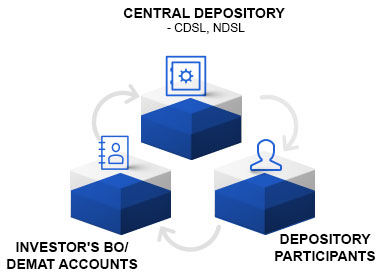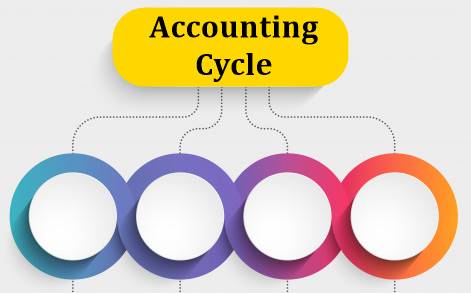Accountant
Accountant Profession
An accountant is one such professional who executes Accounting functions like analysis of financial statements, auditing, and more. An accountant can either get employment in an accounting firm or create an organization of his own with a team of internal accountants or outsourced individuals.

Although non-qualified people can work independently or under an accountant; however, professionals generally get a certificate from the national professional association to continue their operations.
History of Accountants
The first-ever accountant’s association was formed back in 1887; thus, giving rise to an accountant career. And, it was back in 1896 when the certified professional accountants were licensed. The profession of accounting took the lead during the Industrial Revolution and grew out to be more important.
This was mainly because businesses were growing more, and shareholders wanted to know more about the well-being of the finances of the company they were invested in. Today, the need to have an accountant has become more ubiquitous and important in a company.
Talk to our investment specialist
Accountant Qualification
When talking about who is an accountant and what are his duties, you must understand that accountants have to adhere to the guiding principles and ethical standards of their region where they are practising.
Out of all, the most common designations for accounting are Certified Management Accountant (CMA), Certified Public Accountant (CPA), and Generally Accepted accounting principles (GAAP). A certified internal auditor and a certified management accountant don’t require any licence to practice their services.
Accountants can have multiple designations and can perform several accounting duties. Basically, the educational background and designation of the individual decide the professional duties. Moreover, even after completing a bachelor’s degree, an accountant may have to get an additional certificate, which may take anywhere around a year or more, depending upon the state and the certificate that is pursued.
Legal Liability of Accountants
A certified accountant has a legal liability to avoid negligence and be honest in the duties. They must have a substantial influence on the clients, and their judgements should impact the entire organization, including the board, investors, and employees. Furthermore, accountants may also be held responsible for paying uninsured losses to investors and creditors in case there is fraud, negligence, and misstatement.
Mainly, accountants get held responsible under two different laws: statutory law and common law. While the latter comprises federal or state securities laws, the former includes breaches, fraud, and negligence of contracts.
All efforts have been made to ensure the information provided here is accurate. However, no guarantees are made regarding correctness of data. Please verify with scheme information document before making any investment.












